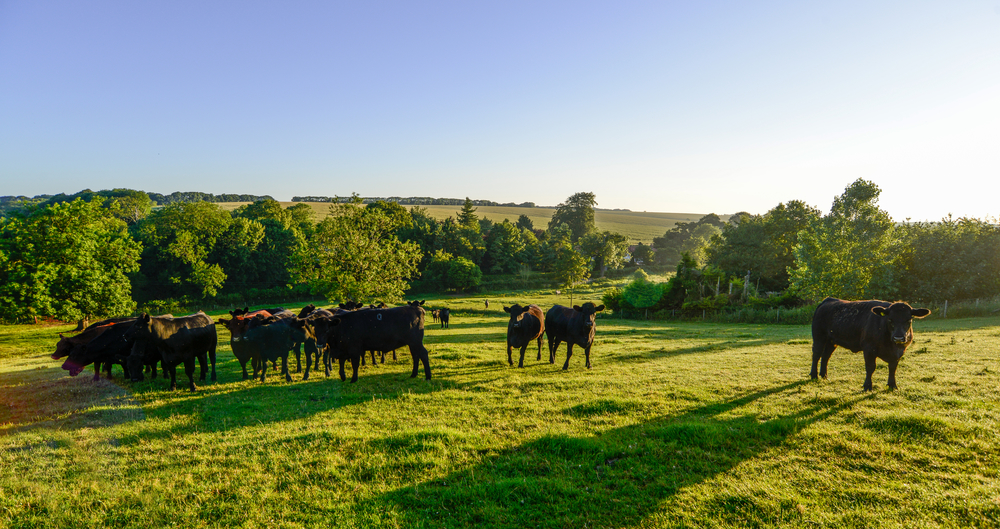In a normal (non COVID-19) year, representatives of the world’s governments would now be in Bonn, Germany (the home of Haribo) for the annual climate conference. This year, the climate discussions have gone online for three weeks, with meetings adjusted for different time zones. The fact that these are discussions, rather than official negotiations, leave governments, the UK's in particular (as COP26 host) a lot to do before the main United Nations summit in Glasgow in November 2021.
Long-standing issues, including finance and market-based mechanisms, look as if they’re going to cause issues for a bit longer.
Key work in raising climate ambition
Martin Kennedy, National Farmers' Union, Scotland President, kicked off the Farmers Constituency engagement when he spoke at the opening plenary. He highlighted how the Koronivia Joint Work on Agriculture, and farmers participation, is instrumental in raising global climate ambition for our sector. You can listen to Martin here, from 35:36 (sound only).
The agriculture negotiators have been hearing from experts on sustainable land management, including watershed management, and debating past consultation responses on food security and the socio-economic aspects of food production, to which the NFU responded on behalf of the Farmers' Constituency. Also on the table are the chess pieces of where to go next with the Koronivia work, which is due to be completed in Glasgow.
Negotiations must always include farmers
At the stocktake session at the end of the first week, I had the opportunity to deliver a statement on behalf of the constituency. We expressed the disappointment of farmers across the world when all observers were excluded from the negotiations. Farmers always have to be at the table in order to continue putting food on every table for global food security. You can listen here, from 2:49:10.
Learning lessons
There have been opportunities but also many challenges from running a conference of this size and importance online. Many lessons will have been learnt for later this year if some or all of COP26 has to be virtual. And I have missed stocking up on Haribo!
What is the Farmers' Constituency?
Every organisation not part of a governmental structure but accredited to the United Nations Framework Convention on Climate Change (UNFCCC) are called observers. Observers are organised into nine constituencies that have diverse, but broadly clustered, interests and perspectives. There are nine constituencies including environmental, business and industry, women and gender, and farmers. Each constituency has a 'focal point' who manages the interaction between the UNFCCC secretariat and the constituency, and the NFU performs this function for the farmers constituency.
